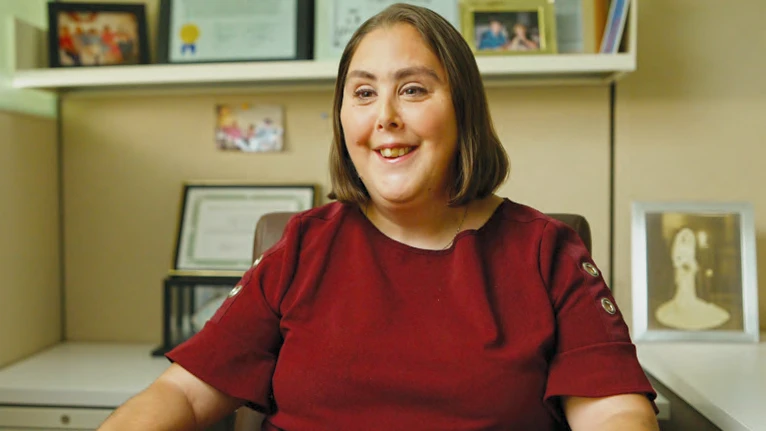Student Services
Customized school programs to support a wide range of intellectual and developmental abilities.
“What sets Cushing apart is the quality of care, the levels of support, the campus setting and our long-standing history.
Come take a tour and see what Cushing has to offer.”

Nanette Rondeau
Director of Admissions
Our Schools
Hanover and Braintree, Mass
We are currently accepting new students on a rolling admissions basis, so your student can start at any time.
We will help you determine which programs are the best fit for individuals with complex developmental and intellectual disabilities, and behavioral and clinical challenges.
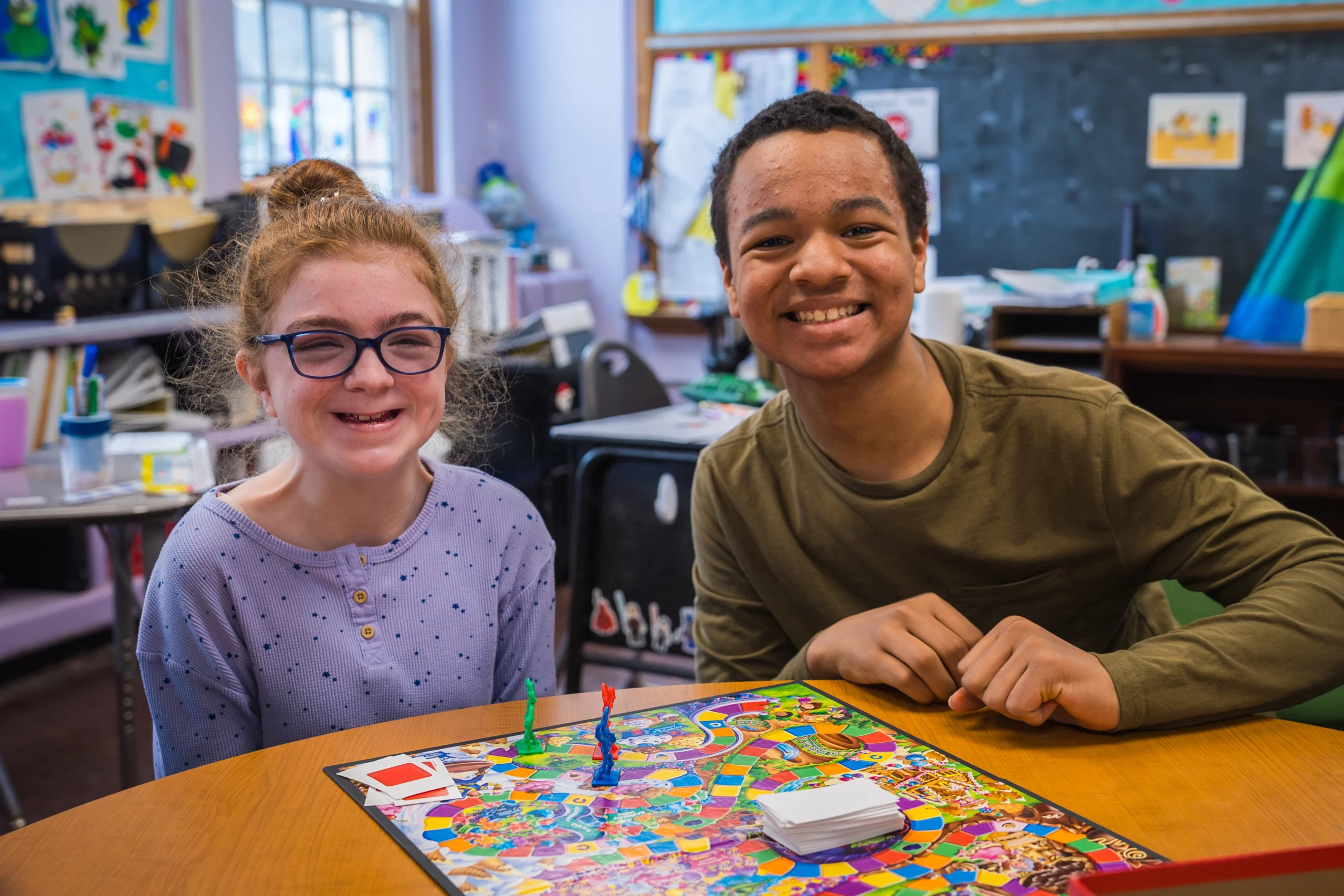
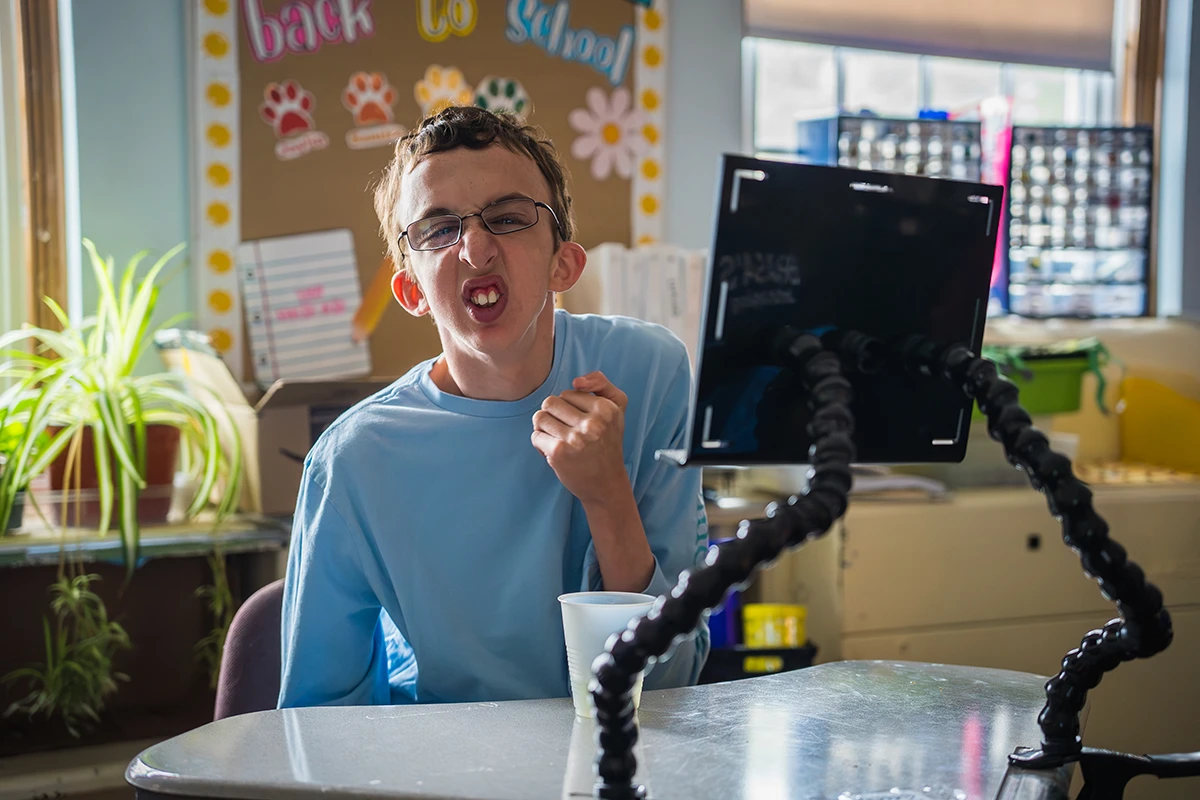

School Facts
Town Hanover, MA
School Style Campus
# of Students 98
Residential Option Yes
Vocational Training Yes
Total Teachers 15
Student Teacher Ratio 7:3
Bus Options Yes
Recreational Facilities Yes
Town Braintree, MA
School Style Single Building
# of Students 38
Residential Option No
Vocational Training Yes
Total Teachers 8
Student Teacher Ratio 5:3
Bus Options Yes
Recreational Facilities Yes
Please note: Students, teachers, and ratios are based on 2024 numbers.
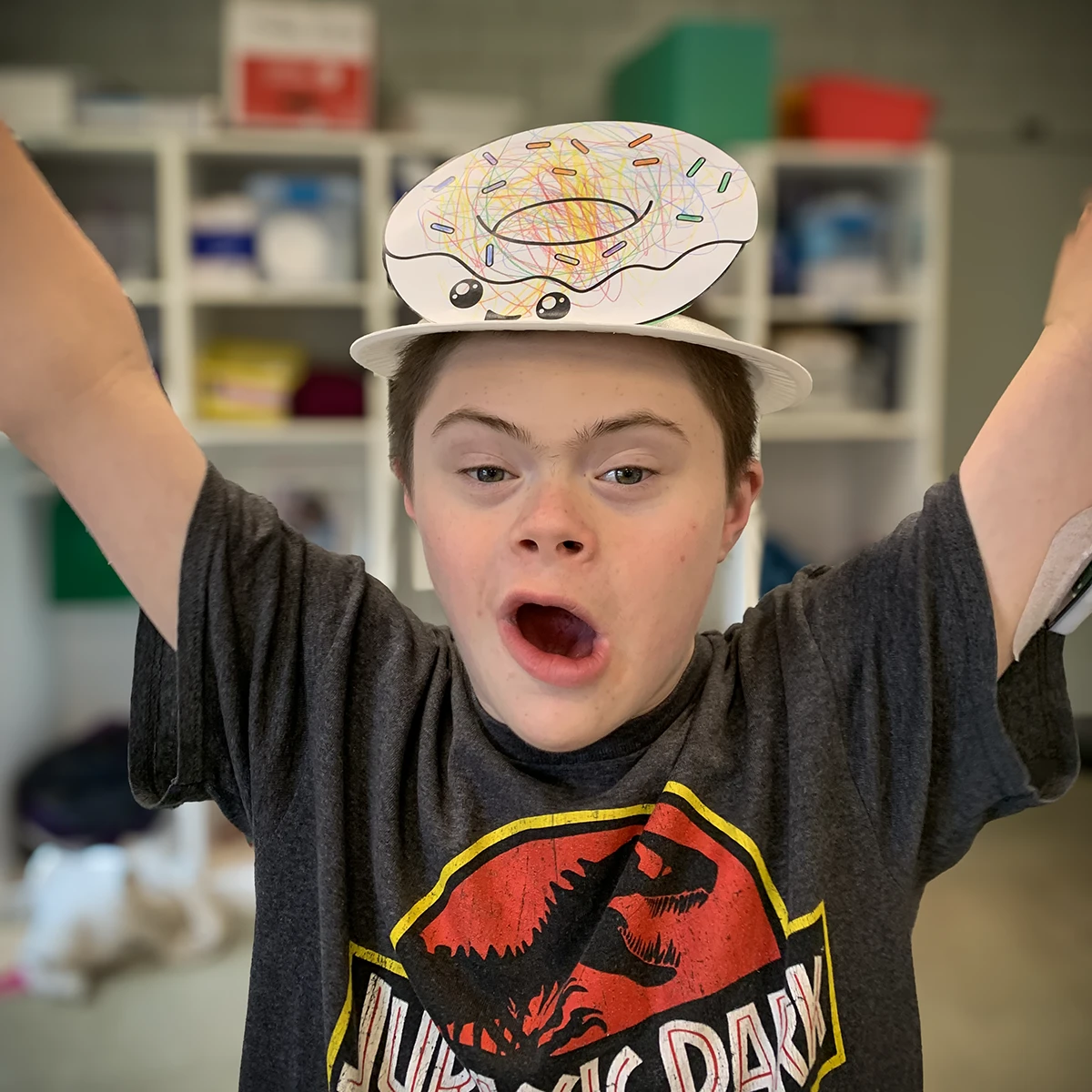
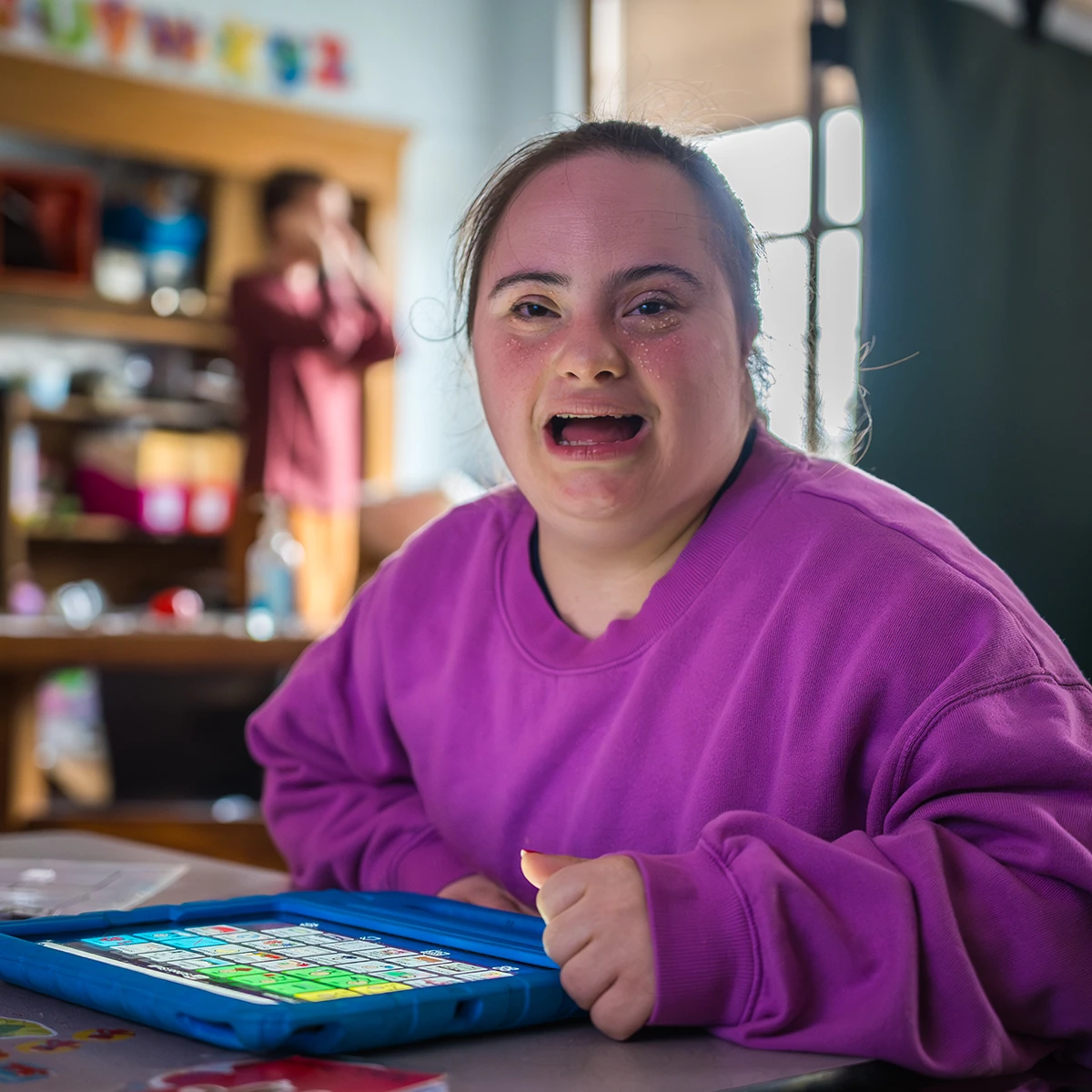

Academic Programs
Customized Learning That Fits Your Student’s Abilities
Cushing provides students with mild to severe special needs a healthy environment for emotional, personal, and physical growth.
- Customized academic curriculum for a wide variety of abilities
- Small class sizes, licensed special ed teachers and dedicated support staff
- Technology instruction and assistive skill development
- Language, music, art, industrial arts and recreation programs
- Community access via field trips, volunteerism and more
- Access to counseling, behavioral supports, and nursing
- Occupational, physical, speech & language therapy
- Transition and vocational programs
- Parent supports and training
As your student grows, additional transitional programs and vocational training will be introduced to maximize their success.

Programing Questions?
Contact Nanette Rondeau
or call (781) 829-4672
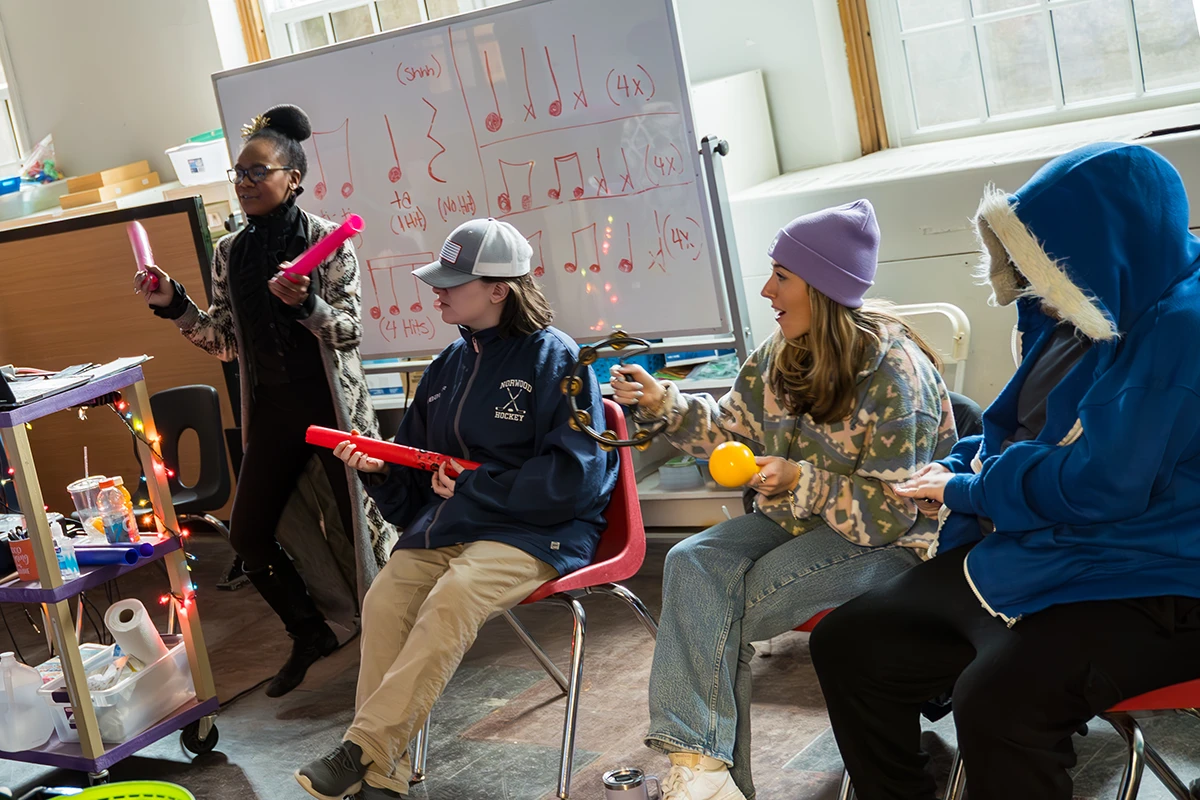
“Performing arts, and especially music, are important to everyone’s mental and spiritual growth—but especially so for those who may not be able to express themselves fully with words.”

Cici Cimini
Performing Arts Instructor
"Cushing had multiple programs to choose from, and their staff helped us determine the best fit for our daughter's personality and needs."
-Jerry V - A Cushing Parent
Residential Programs
Living Together, Learning Together with 24 Hour Care
Find out if Residential Life is right for your student – where the fun, the experiences and the care never end.
Residential Students Enjoy All Academic Day Programs, Plus:
- Lively campus setting; live with friends
- 24 hour, awake supervision
- Low staff-to-student ratios
- Residences that look and feel like home
- Community outings for field trips, sports, groceries, etc.
- Independent living skills: hygiene, health and wellness, cooking, laundry and more
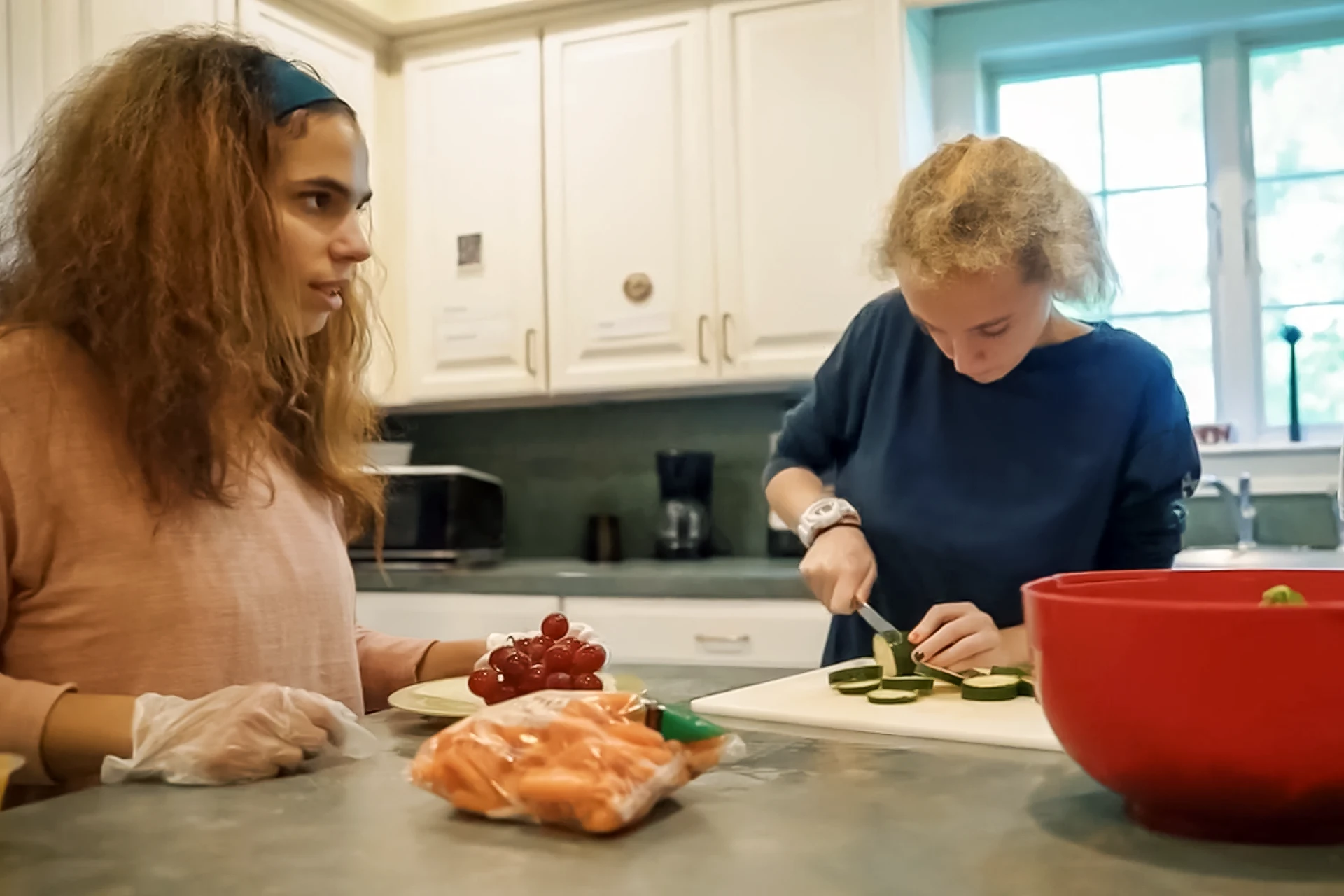
Transition and Vocational Services
Helping Your Student Transition From Student to Adult
For students ages 18-22, Cushing provides vocational training to help build confidence, learn valuable skills, and prepare for living and working in the community.
Transition Services Include:
- Career awareness and interest programs
- Self-advocacy and job acquisition skills
- Job coach encouragement and support
- Work experience opportunities on Cushing Campus
- Culinary, Business, Recycling, Industrial Arts, Garden options
- Comprehensive transition assessments
- Volunteer, internships and paid employment options
- Community employer network and supports
- CORE Program work skills
Recreational Programs and Special Olympics
Available to any member of the special needs community
- Recreational Add-Ons - Summer Camps, Field Trips, Games, Pool Time and Sports at our Hanover campus.
- Special Olympics - Come join Cushing’s Special Olympics team in basketball, soccer, flag football, softball, cheerleading, and more!

For More Information
Contact Tom McElman
or call (781) 829-1295
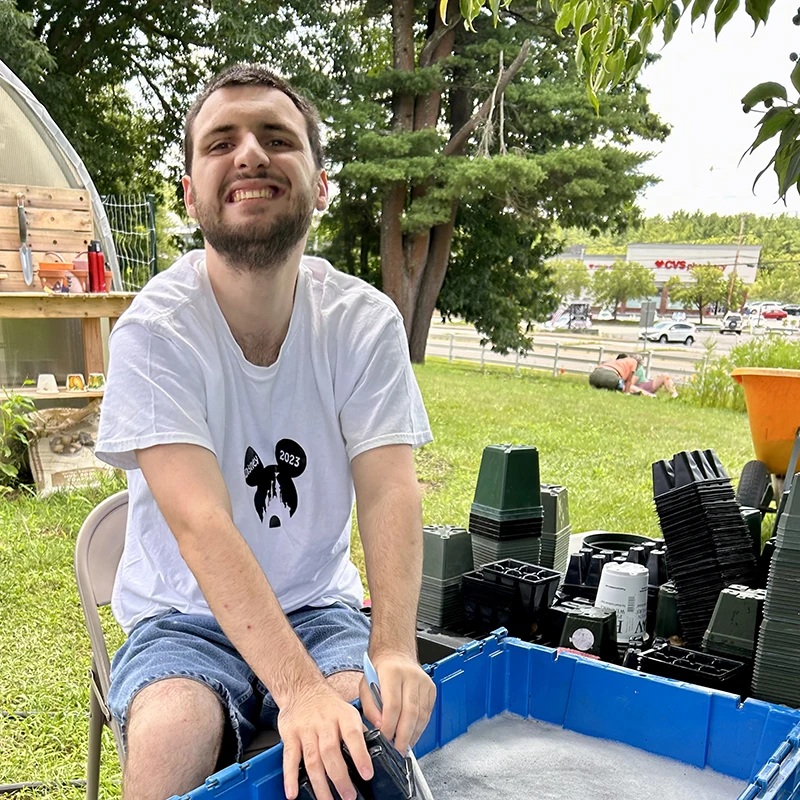

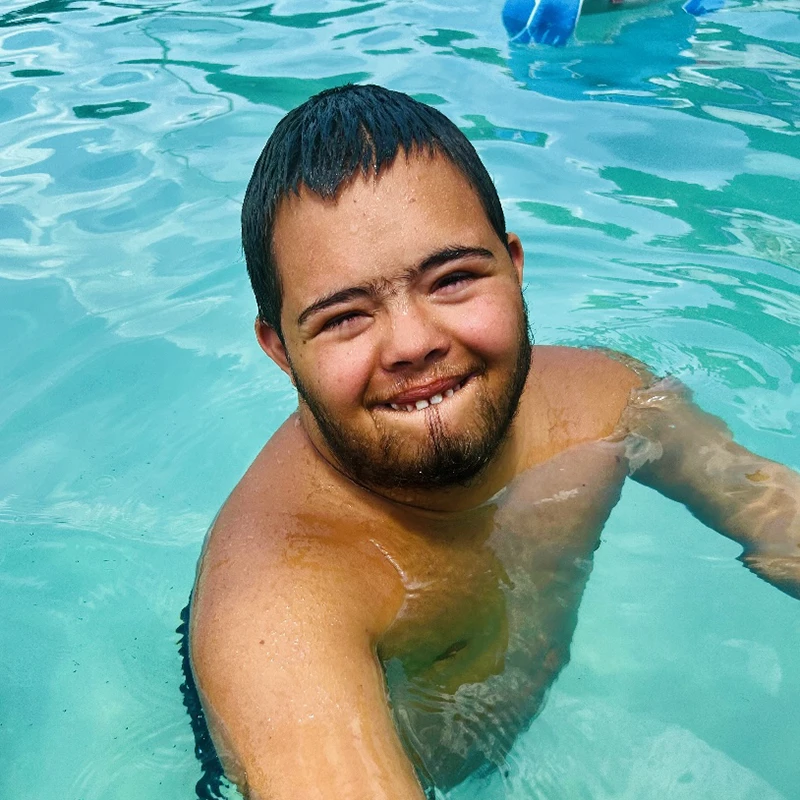
Student Life
Whether day or residential, Below are examples of a typical day
Cushing follows the same calendar as the local Hanover public school system.
Cushing Alumni Spotlight
An advocate for herself and others

For More Info
Contact Nanette Rondeau
or call (781) 829-4672
Additional Resources
Health and Behavioral Services
Our health and behavioral services team is comprised of three distinct clinical disciplines: Physical, Mental, and Behavioral Health. Learn More about our Clinical Services, 24-hour Nursing, or Behavior Care.
IEP Services
Our IEP services include: Therapy Services, Assistive Technology, Occupational Therapy, Physical Therapy, and Speech Language.
Family Resources
Ideas and information from Cushing staff and outside organizations including: Helpful Links, Parent Advisory Group, Handbooks, and Transition Planning.
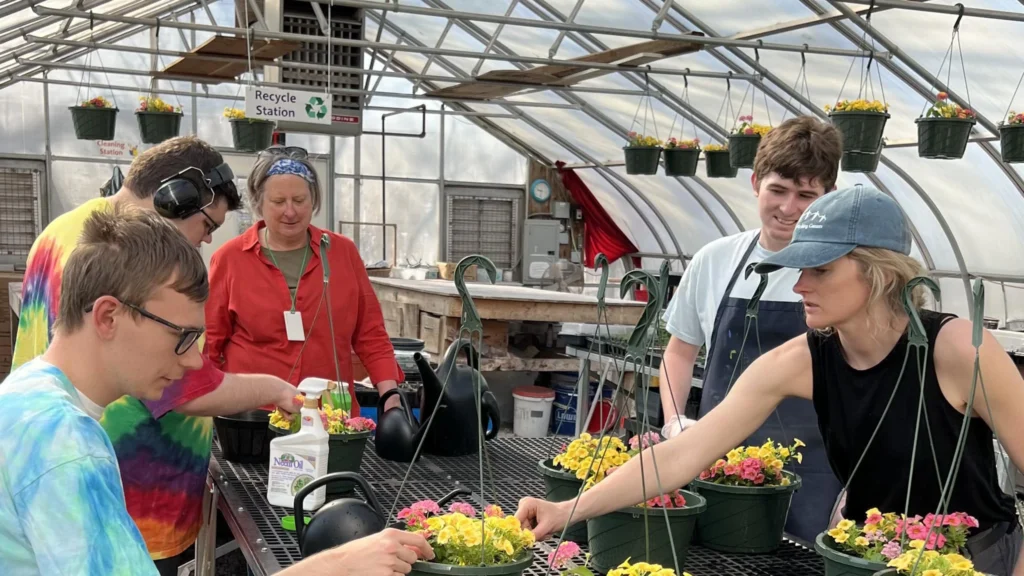
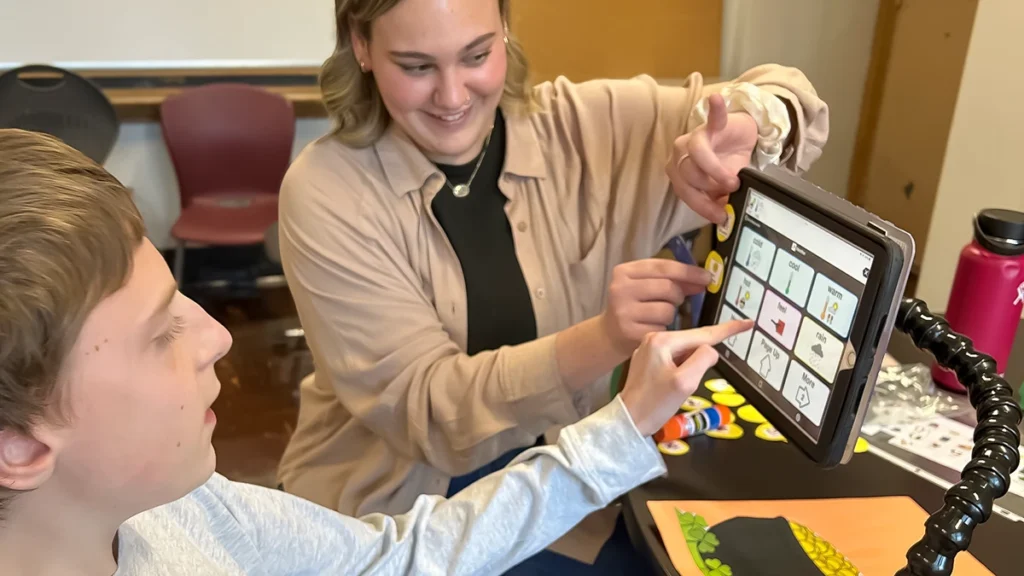
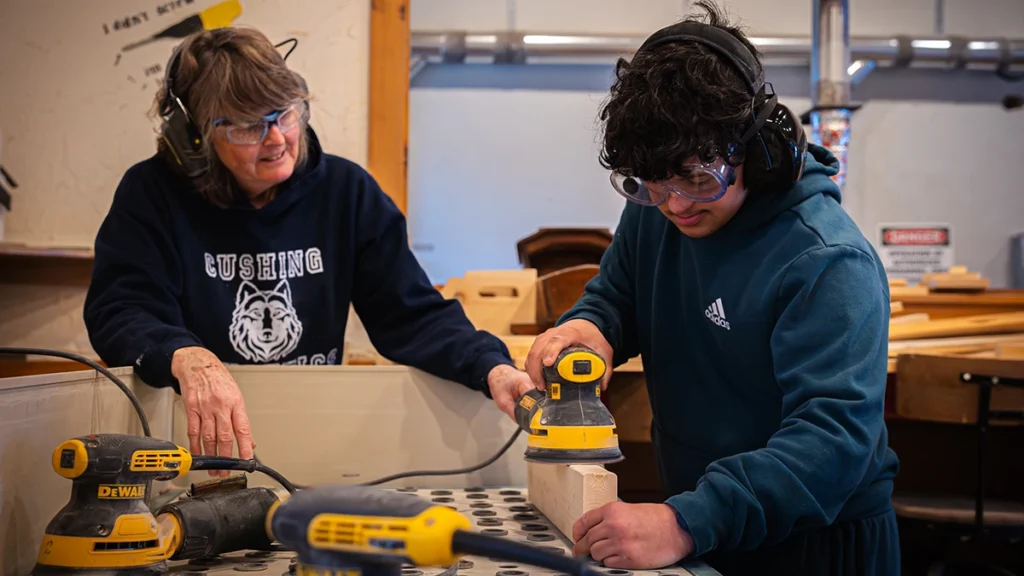 The Woodworking and Industrial Arts program
The Woodworking and Industrial Arts program